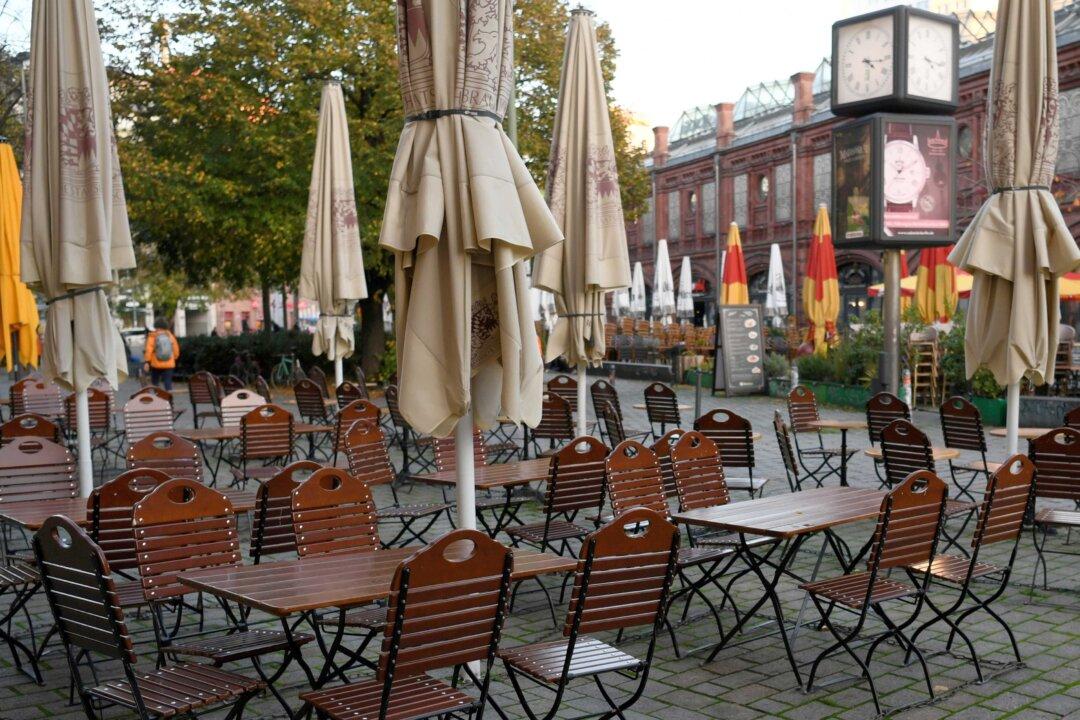LONDON—Economic activity in the eurozone shrank markedly in January as stringent lockdowns to contain the coronavirus pandemic hit the bloc’s dominant service industry hard.
With hospitality and entertainment venues forced to remain closed across much of the continent, surveys on Jan. 22 highlighted sharp contractions in the services industry but also showed manufacturing remained strong as factories largely kept working.





